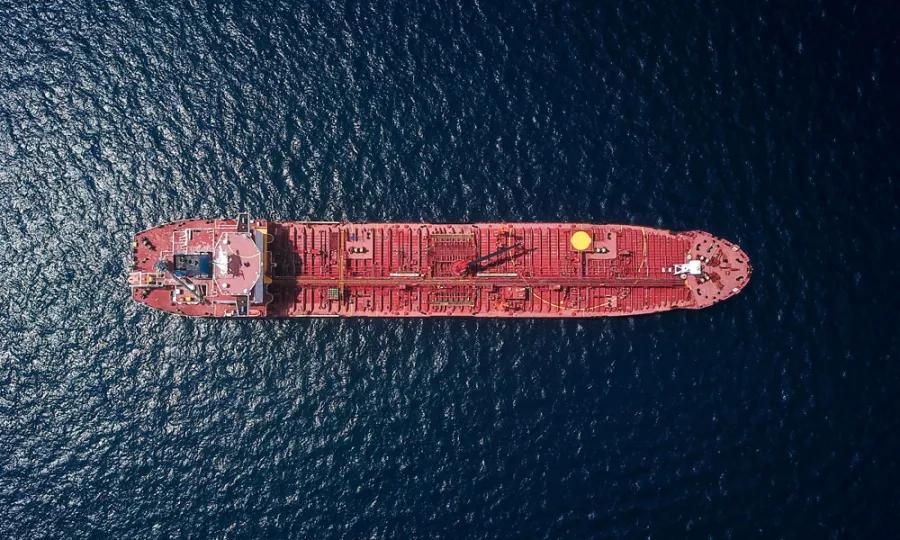By Dr Leong Choon Heng
Professor, Jeffrey Sachs Center on Sustainable Development, Sunway University
The original article was published in the International Business Review 2018
From 4th to 8th October 2017, Malaysia was host to the FIATA World Congress 2017 – an annual event that brings together the world’s freight forwarding and logistics industry community. The theme of the World Congress was “Logistics Bridging Global Trade,” and the Federation of Malaysian Freight Forwarders (FMFF) was the local organiser. FMFF alone represents more than 2,000 member companies helping to move freight 24/7 and 365 days a year throughout the country and across borders to ensure our daily needs and wants are met.
The Congress prompted much discussion about the digital economy, e-commerce and smart technologies, and how these are disrupting and revolutionising the industry. There were also a lot of interest on how online, blended education and training can help prepare professionals and skilled workers for the industry. At the core was a desire to think forward about the future of freight logistics.
The future of freight logistics will be linked to the future of the planet and how we choose to live within safe environmental limits. It is already a well-known fact that we are moving too close to the tipping points of the planetary boundaries described by scientists at the Stockholm Resilient Centre, and if we cross these tipping points the physical destruction of the planet may be irreversible. The World Bank Group has predicted that business as usual with the current level of CO2 emission will raise global temperature by 4°C at the end of the century. Scientists in the Intergovernmental Panel on Climate Change has warned that global temperature should not rise by 1.5°C above the pre-industrial level. It will be catastrophic, and we will leave behind a planet where life as we are accustomed to will not be possible.
Together with leading businesses in the world today, freight logistics have to move into the age of sustainable practices. It started as a responsibility, and it has become a duty, and we see each day leading global brands together with national and sub-national governments announcing commitments to embrace sustainable practices. These are frontrunners that serve as models for others.
Who are they? Corporate Knights from Toronto has been tracking and ranking the world’s most sustainable companies. Its list includes Siemens, Nokia, Pearson, Intel and the like. The Climate Group tracks the RE100 global companies which are committed to adopting 100% renewable energy. These companies include global brands such as IKEA, Apple, BMW, Carlsberg, Coca-Cola, Estee Lauder, H&M, Hewlett Packard, Johnson & Johnson, Nestle, Philips, P&G, RICOH, Starbucks, TESCO, Tetra Pak and Unilever. These companies are some of freight logistics’ biggest customers worldwide. It would be prudent for freight logistics to take heed of such commitments to sustainability by their large customers as it is only a matter of time, if it has not happened already, that such commitments will extend to their supply chains.
At the national government level, the call for sustainability is also loud and clear. Countries like Germany, Britain, China and France have announced phasing out the internal combustion engine which is fuelled by petrol or diesel. These are large freight markets that logistics companies cannot ignore. The impending regulations will affect freight operations.
The pressure by countries to convert to vehicles powered by renewable energy will have implications on the powertrains of vehicles moving freight. The hitherto formula of increasing the size of cargo and scale of operations to attain cost advantage will be challenged. There will be sustainability criteria on mode choice besides cost and time considerations. The challenges for freight are immense but so will be the opportunities.
Leading global brands in logistics are responding. DB Schenker, for example, promotes climate-friendly eco solutions for its modes of transport. DHL Global Forwarding, another market leader in freight logistics, promotes its GOGREEN Carbon Dashboard for its shippers to choose transportation modes and track carbon emissions. DHL is also inviting smart minds to submit ideas for sustainable logistics. Sinotrans, the largest freight forwarding company in China and 5th largest in the world according to A&A’s ranking, has made a number of commitments to reducing energy consumption, switching to cleaner energy and developing solutions for waste.
The freight logistics sector tends to operate behind the scene, transporting goods overnight when the rest of the world is sleeping, or travelling far out at sea and up in the high sky. On land, it moves around industrial outskirts until it reaches the city where it gets more visibility. Except for express and parcel service where it is visible in urban settings, the top brands are usually known only to those in the industry. The move to sustainable practices will generally not be for branding purpose. However, it will be essential as it is the vital component of the supply chains of other sectors and companies which have made commitments to transitioning to sustainability.
Lastly, we cannot forget the important role of education and training. Many universities and colleges in Malaysia have begun to offer courses in logistics and supply chain management. Bachelor degree programmes like Sunway University’s Global Supply Chain Management and industrial training programmes offered by the Malaysian Institute of Freight Forwarders (MIFF) which is an affiliate of FMFF can play a major role in preparing young professionals to bring forward the age of sustainable freight logistics.




